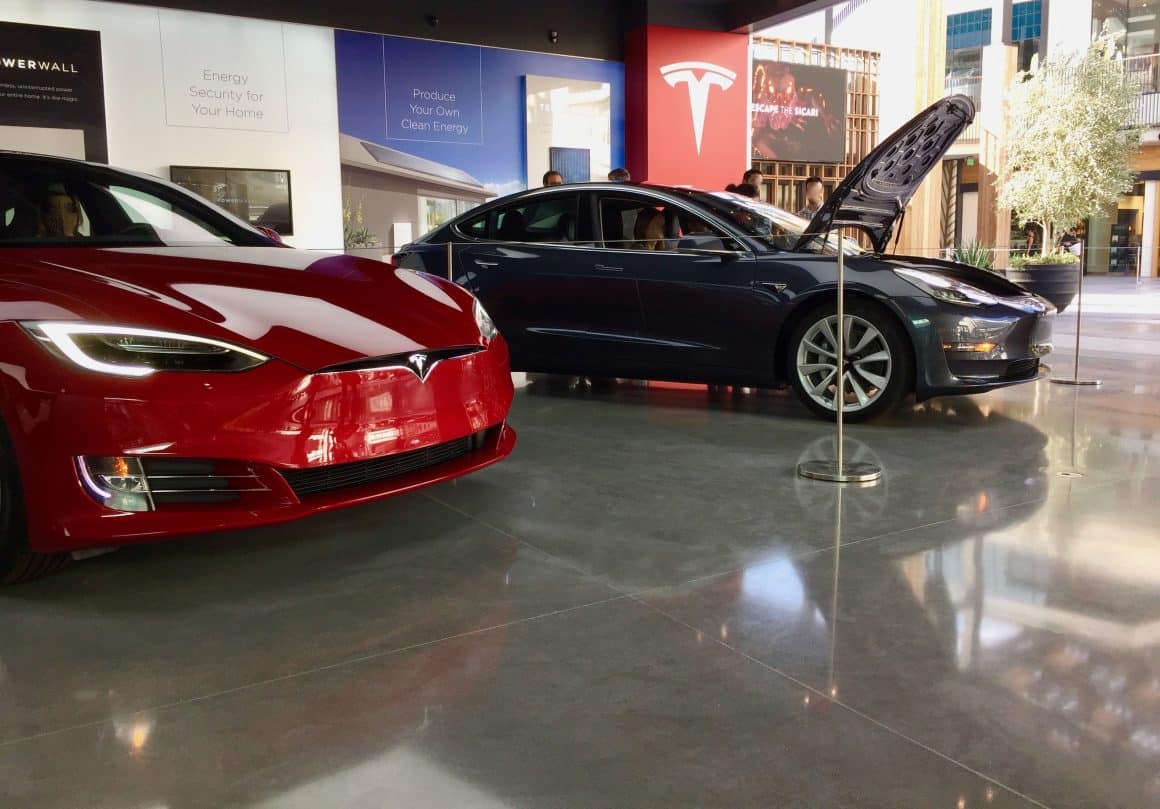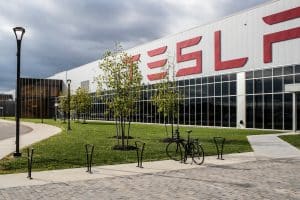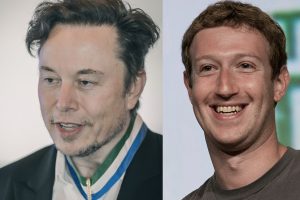Key Points
- 😃 Tesla is offering a special incentive for customers in Shanghai: shopping vouchers worth 3,000 yuan ($420) for those purchasing Model 3 and Model Y.
- 🚗 The incentive is part of a local government program aimed at boosting consumption in Shanghai’s car market.
- 💰 New car buyers will also receive 3,500 yuan in cash ($487) and a free Enhanced Autopilot trial if referred by an existing Tesla owner.
- 🇨🇳 China is the world’s largest car market and the leader in electric vehicle sales, with 647,000 new energy vehicles sold in July 2023.
- 🏭 Tesla faces fierce competition in China’s auto market, with BYD outselling it in the New Energy Vehicle sector, highlighting the tough competition.
- 🔪 To become more competitive, Tesla previously initiated aggressive price cuts in China, leading to a “price war” with local automakers.
Tesla is offering a special incentive to its customers in Shanghai, providing shopping vouchers worth 3,000 yuan ($420) for those ordering and purchasing domestically produced Model 3 and Model Y vehicles. The incentive is part of a local government program aimed at boosting consumption and has garnered significant interest as it allows customers to purchase a substantial amount of items.
In addition to the shopping voucher, Tesla China is also providing new car buyers with 3,500 yuan in cash ($487) and a free Enhanced Autopilot trial if they were referred by an existing Tesla owner, as reported by Bloomberg News. The incentive program remains active, as the company introduced the $420 shopping voucher offer recently.
China is the largest car market globally, and it leads in electric vehicle sales as well. In July 2023, retail sales of new energy vehicles reached approximately 647,000 units, as per data from the China Passenger Car Association (CPCA). Tesla China delivered 93,680 vehicles from Giga Shanghai in June, with 74,212 units sold in the domestic market.
The Chinese auto market is highly competitive, with even Tesla, a leader in pure electric cars, being outsold by Chinese automaker BYD in the New Energy Vehicle (NEV) sector. While this is partly due to BYD’s NEV sales including hybrids, the significant gap between BYD and Tesla’s pure battery electric car sales highlights the fierce competition.
To enhance its competitiveness, Tesla initiated aggressive price cuts for its vehicles earlier this year, sparking a price war in China. Although the automakers signed a pact to avoid “abnormal pricing practices,” the pledge was eventually retracted, but authorities continue to promote fair competition among manufacturers.





